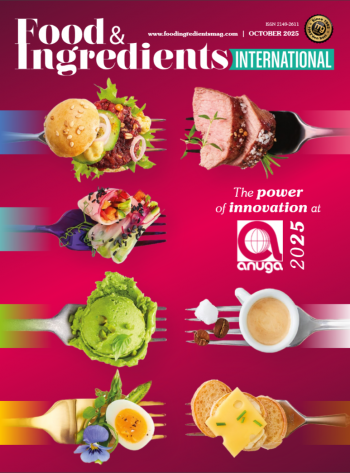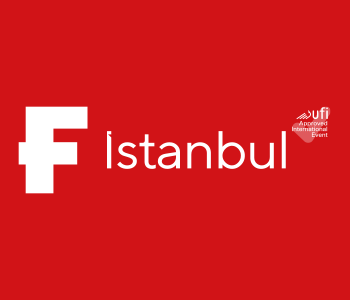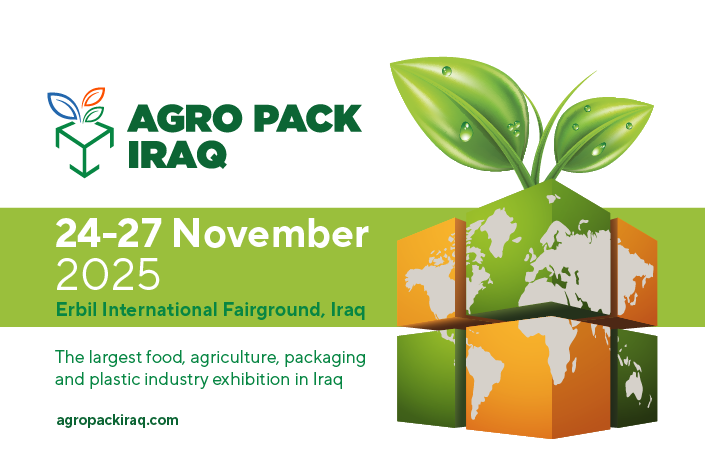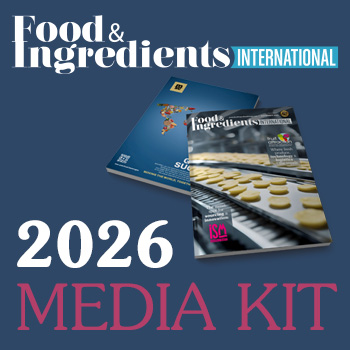Banza, the company that introduced chickpea pasta to the U.S. market, announced it is among the first brands to earn The Detox Project’s CleanScan certification. This industry-leading certification verifies that Banza’s products were tested by an accredited third-party lab for glyphosate and more than 400 pesticides and showed non-detectable levels. By scanning the CleanScan QR code on Banza’s packaging, consumers can instantly access comprehensive test results — giving them greater transparency into what is and isn’t in their food.
The CleanScan certification builds on Banza’s commitment to transparency and a better food system. Last year, all of Banza’s farming partners pledged to be desiccant-free – meaning they do not spray the chickpeas with pesticides like glyphosate at harvest.
“People deserve to know exactly what’s in their food,” said Brian Rudolph, co-founder and CEO of Banza. “CleanScan raises the bar by giving consumers direct access to our test results for glyphosate and over 400 pesticides. We’re proud to be at the forefront of this type of transparency.”
“Banza is leading the way toward cleaner food and a more transparent food system,” said Henry Rowlands, Founder of The Detox Project. “By joining the CleanScan program, they’re showing that brands can meet the moment and give consumers the transparency they’re demanding and deserve.”
All of Banza’s chickpea pasta, mac & cheese, and pizza products are CleanScan certified. Additionally, the newly launched brown rice products are CleanScan certified. Unlike the standards that focus only on raw ingredients like chickpeas, CleanScan requires non-detectable levels of pesticide residue on the final packaged product – for glyphosate, the limit of detection is below 0.01 parts per million (ppm).




















